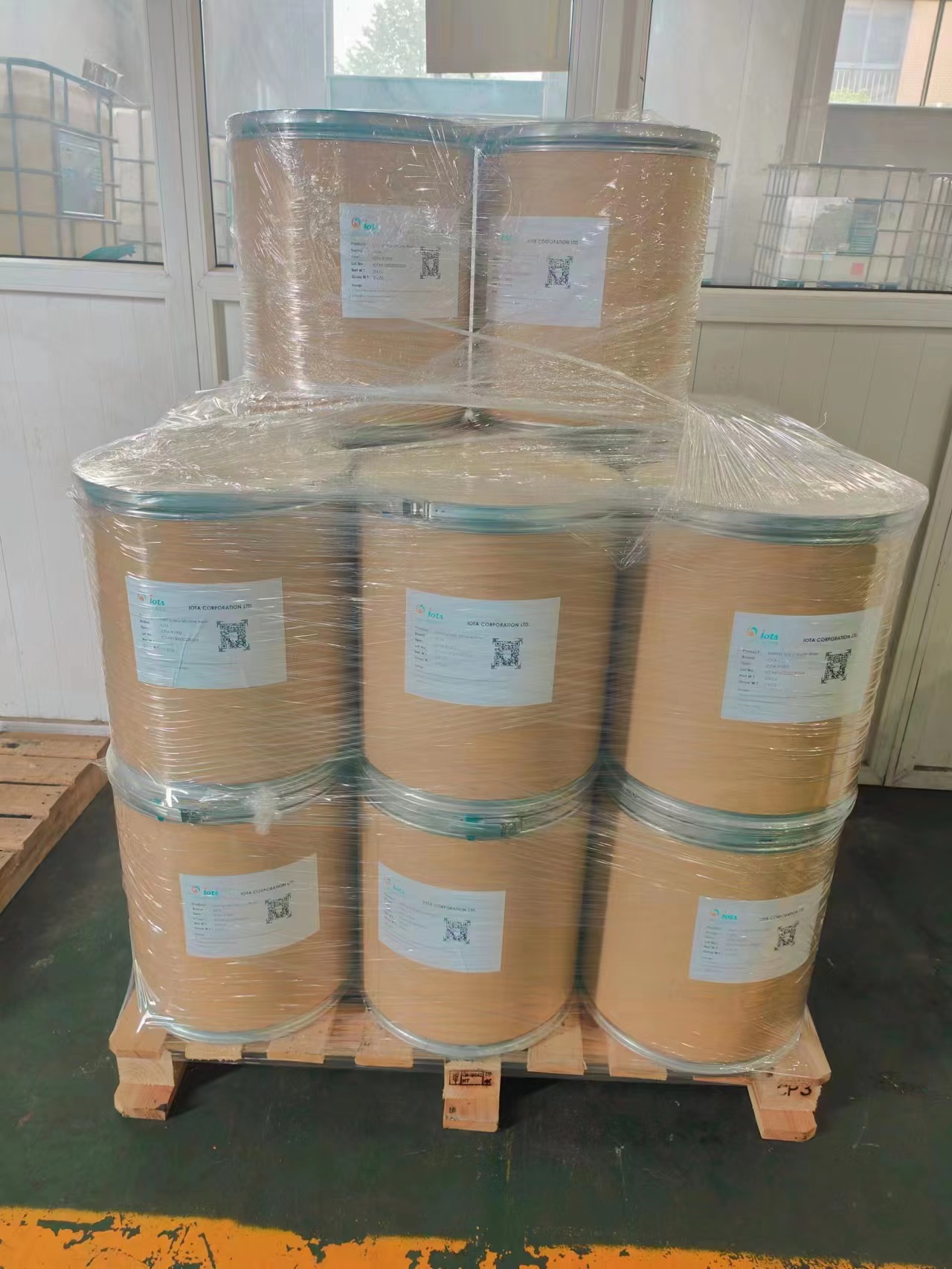In recent years, with the rapid development of AI technology, AI companion robots have gradually entered people's lives and become important tools for companionship and entertainment. The rise of this emerging field not only drives continuous innovation in robotics technology, but also brings new development opportunities to the
organic silicon materials industry.

AI companion robots require close interaction with humans, thus placing extremely high demands on materials such as their electronic "skin" and joint sealing components. Silicone, as a material with excellent elasticity and weather resistance, has become one of the widely used materials for humanoid robots. Silicone not only simulates the touch of human skin, but also has good sealing and wear resistance, making AI companion robots more natural and comfortable when interacting with humans.
According to industry analysis reports, with the continuous breakthroughs in AI technology, the humanoid robot industry has risen rapidly in recent years. In 2023, China's humanoid robot industry will grow to 3.91 billion yuan, up 85.7% year on year. It is expected that this industry will continue to grow at a high speed in the next few years. By 2026, the scale of China's humanoid robot industry will exceed 20 billion yuan. This huge market demand has brought enormous business opportunities to the organic silicon materials industry.
Against the backdrop of strong market demand, the organic silicon material industry is actively responding, increasing research and development efforts, and improving product quality and production efficiency. At the same time, companies in the industry have also strengthened cooperation with robot manufacturers to jointly promote the development and application of AI companion robot technology. It can be foreseen that under the promotion of AI companion robots, the organic silicon material industry will usher in a broader development prospect.
